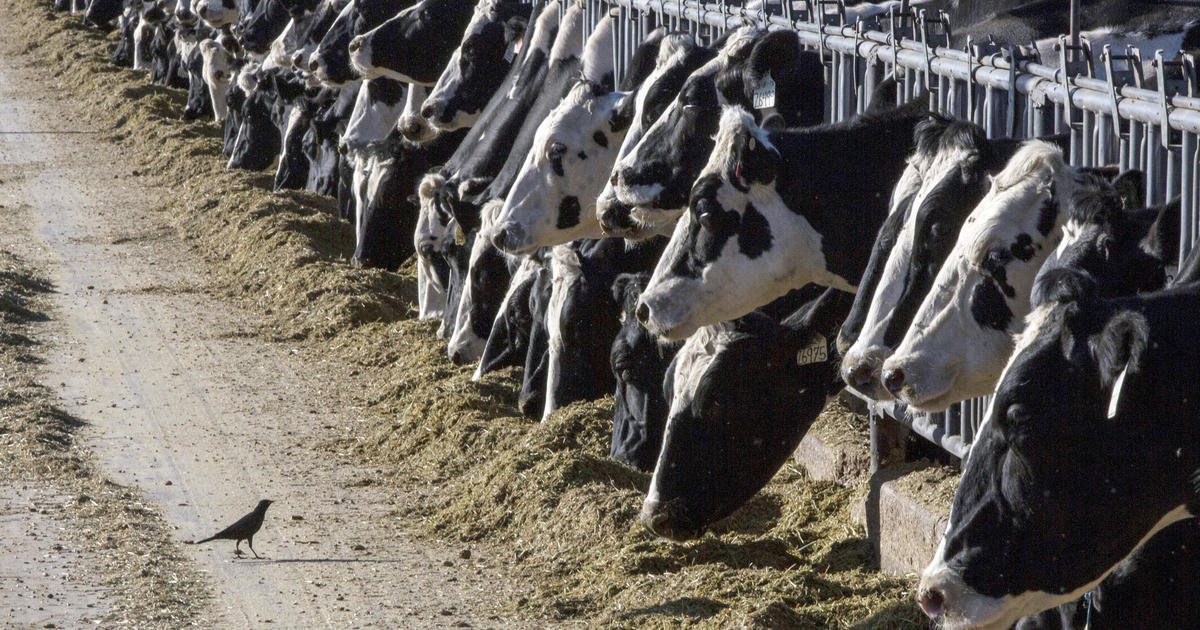Mountain gorillas in Africa on lockdown amid fears of possible coronavirus infections
Conservationists in the Democratic Republic of Congo fear the coronavirus pandemic could soon reach the country's mountain gorillas amid reports that cats and a dog testing positive for the virus. With roughly 1,000 left in the world, the mountain gorilla population is already at risk from climate change and poachers.
"As you can see it's been very difficult to manage human cases. You imagine for wild animals moving freely, that is one of the big challenges," Dr. Eddie Kambale told CBS News' Debora Patta.
Kambale is a veterinarian who is part of the nonprofit group, Gorilla Doctors. The group's aim is to help conserve and grow the mountain gorilla population, and have faced a similar danger during the Ebola crisis.
Doctors with the nonprofit are on high alert since respiratory infections are the second leading cause of death among gorillas, . They locked down an area, which normally allows visitors, to all but necessary personnel to follow social distancing precautions.
"We have parameters to observe if the animal is sick, like has a respiratory infection," Kambale explained.
He said that "most of the time," the change in a gorilla's breathing rate can be detected by how their chest moves. Another sign of illness he described was slowing of movement and the failure to keep up with the other animals.
For the doctors and conservationists who treat the gorillas for routine illness, careful precautions have been put in place — rangers and vets are requited to stand at least 33 feet away. Only two people are allowed to approach the gorilla at any one time, and most of their observation is done at a distance, with binoculars.
In a country devastated by years of civil war, conservationists are determined to preserve the lives of the animals who call it home, particularly now when the coronavirus is threatening the world.
"The fear is that if we have a case of that, we will definitely have a big loss among those animals," Kambale said.



